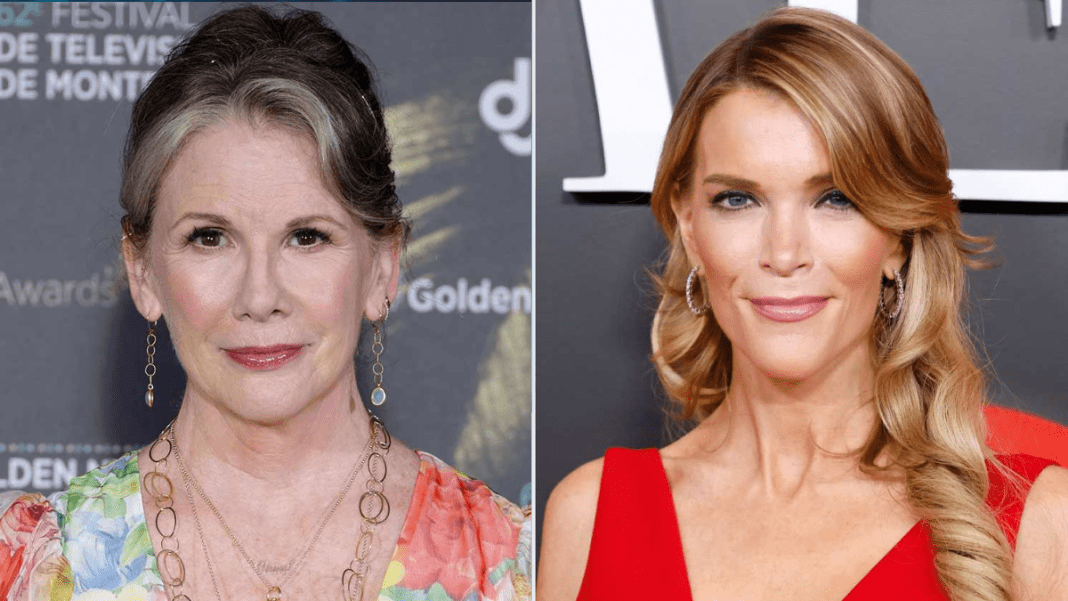A strong wave of anger rose online after commentator Megyn Kelly made surprising claims about Jeffrey Epstein on her podcast. Kelly said that Epstein “was not a pedophile,” arguing that he preferred what she called “barely legal” girls around the age of 15. She shared that a source told her Epstein liked teens who looked very young but might appear “legal” to someone passing by. Kelly added that she was “just giving facts”, insisting that he was not interested in extremely young children.
Her comments quickly sparked frustration across social media. Many pointed out that 15-year-olds are still children and that describing them as “barely legal” can make harmful actions seem less serious. Critics worried that this kind of language could send a dangerous message. Kelly, who has a daughter close to that age, faced fast-building backlash as people reacted to the wording she chose and the way she explained the difference between young teens and younger children.
Former Child Star Joins #IWasFifteen Movement
The criticism intensified when Melissa Gilbert, best known for Little House on the Prairie, joined the trending #IWasFifteen movement. Gilbert, now 61, explained that after seeing many posts under the hashtag, she decided to search for photos of herself at age 15. She said the pictures made her feel “nauseated” now that she is older.
Gilbert shared three images, including two from the set of the series. In those photos, she was 15 and filming romantic scenes with Dean Butler, her co-star, who was 23 at the time. She wrote that she was expected to fall in love with him on camera and kiss him for the show. Looking back at that experience today, she said it feels shocking.
She added that she felt fortunate to have had her mother, Michael Landon, and others on set who helped keep her safe during filming. Gilbert wondered what might have happened without that support and noted that many young girls do not have such protection. In her post, she addressed Megyn Kelly directly, urging her to “be careful with your words,” because careless comments can easily harm those who have lived through similar situations.
Her response added more attention to the conversation about how teenage girls were treated in past decades, especially in entertainment. It also highlighted how different things look today when people reflect on the expectations placed on teenagers in the industry.
More Voices Speak Up as Debate Widens
The debate grew even more intense when actress Christina Ricci reacted to Kelly’s comments. Ricci reposted a quote stating that while there is a difference between a 5-year-old and a 15-year-old, that difference does not change whether sleeping with either one makes an adult a predator. She added her own message saying that Kelly’s remarks were dangerous to children.
Plaskett’s rise from oversight member to impeachment manager now shadowed by Epstein revelations
More controversy followed as listeners heard the rest of Kelly’s podcast episode. Kelly said she began thinking of Epstein as an “actual pedophile” only after former attorney general Pam Bondi announced that Epstein possessed child sexual abuse material. Kelly said that this information made her see his actions differently. She added that some people might see her explanation as “a distinction without a difference”, but she still argued that there was a difference between a 15-year-old and a much younger child.
Her comments continued to ignite discussion online. Many users argued that focusing on these age differences takes attention away from the core issue—that any sexual activity involving a minor is illegal and abusive. Critics expressed concern that such explanations could make it easier for people to minimize harmful behavior toward teens.
A representative for Dean Butler did not offer a comment when contacted. Butler said last year in an interview that he wished he and Gilbert had been closer in age while filming the series. Megyn Kelly also did not respond to new requests for comment following the backlash.
This rising public debate, driven by social media reactions and personal stories, continues to draw attention to how society views teenagers, power, and responsibility when public figures speak about sensitive subjects.




